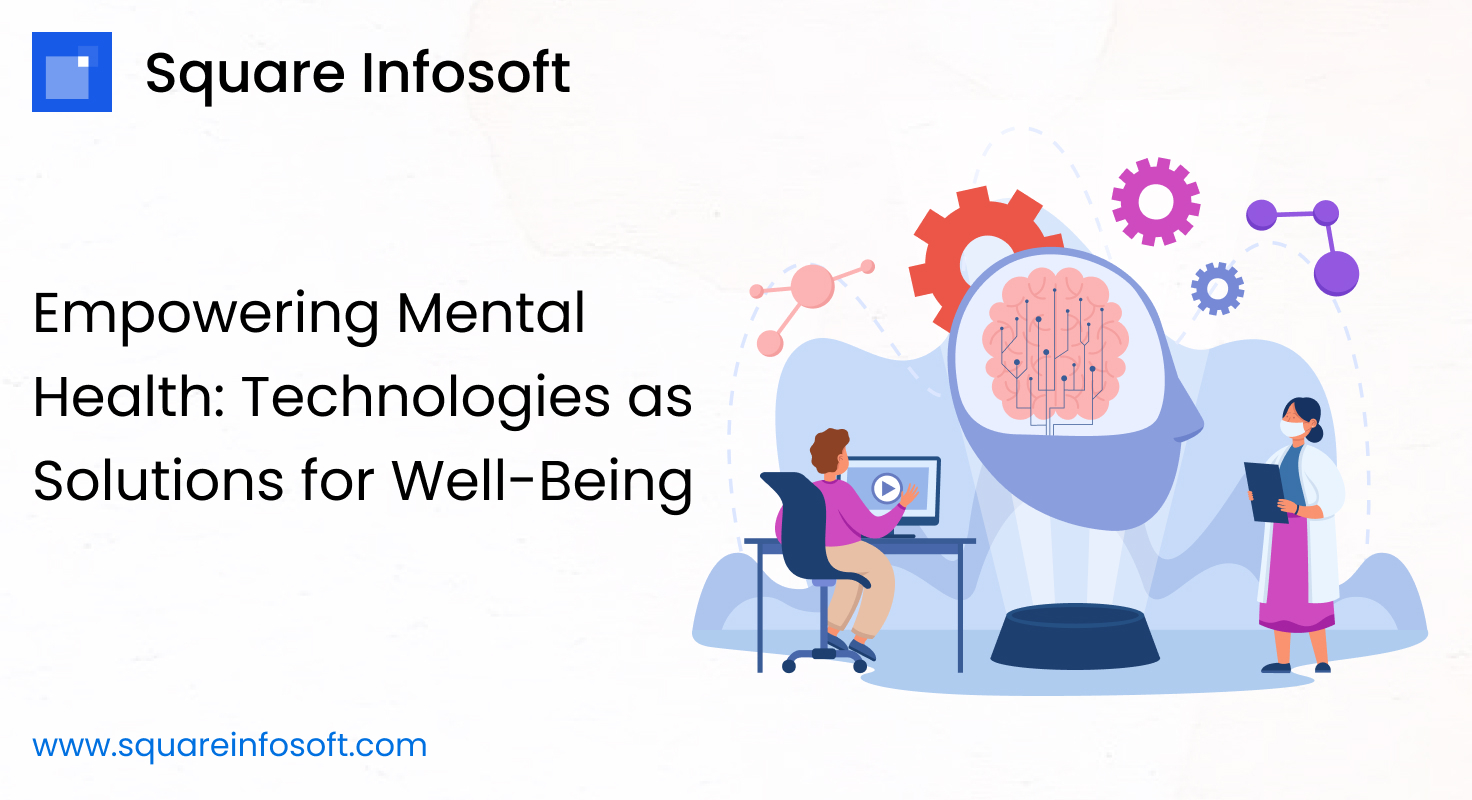Introduction:
In an era where smartphones and tablets have become indispensable tools for modern living, mobile applications stand as the cornerstone of digital experiences. Behind the curtain of every successful app lies the expertise of mobile application developers, whose role is pivotal in shaping the ever-evolving landscape of technology. In this in-depth analysis, we delve into the multifaceted responsibilities and significance of mobile application developers in today’s digital ecosystem.
The Core Role of Mobile Application Developers:
Mobile application developers serve as the architects behind the functionality and user experience of mobile apps. They are skilled software engineers specializing in designing, developing, and maintaining applications tailored for mobile devices. Their responsibilities encompass a broad spectrum of tasks, including coding, testing, debugging, and optimizing mobile apps to ensure seamless performance across various platforms and devices.
Skills and Expertise:
Mobile application developers possess a unique blend of technical prowess, creativity, and problem-solving skills. Proficiency in programming languages such as Java, Swift, Kotlin, or Objective-C, depending on the platform (Android or iOS), is a cornerstone of their expertise. Additionally, they have a deep understanding of mobile app development frameworks, user interface design principles, and mobile operating systems.
Moreover, mobile application developers are well-versed in API integrations, database management, and version control systems, enabling them to build robust and feature-rich applications that meet the evolving needs of users and businesses alike. Their ability to navigate complex technical challenges and translate concepts into functional code sets them apart as indispensable assets in the tech landscape.
Mobile App Development Lifecycle:
Mobile application developers are integral to all stages of the app development lifecycle, from conception to deployment. They collaborate closely with designers, product managers, and other stakeholders to conceptualize app ideas, define requirements, and create wireframes and prototypes. During the development phase, developers write clean, efficient code and conduct rigorous testing to ensure the app’s stability, security, and usability.
Furthermore, mobile application developers play a crucial role in app deployment and post-launch maintenance, monitoring app performance, addressing user feedback, and implementing updates and enhancements as needed. Their meticulous attention to detail and commitment to delivering high-quality mobile experiences contribute to the success and longevity of mobile apps in the competitive app market.
Platform-Specific Expertise:
Mobile application developers often specialize in either Android or iOS app development, as each platform has its own programming languages, development tools, and design guidelines. Android developers typically use Java or Kotlin and leverage the Android SDK, while iOS developers use Swift or Objective-C and work with the iOS SDK.
Understanding the nuances of each platform is essential for optimizing app performance and user experience. Mobile application developers must stay updated on platform-specific trends and best practices to create compelling and user-friendly apps that resonate with their target audience.
Adaptability and Innovation:
The tech landscape is in a constant state of flux, with new technologies, frameworks, and trends emerging at a rapid pace. Mobile application developers must remain adaptable and innovative, continuously expanding their skill set and staying abreast of industry developments to stay competitive.
For example, the rise of cross-platform development frameworks such as React Native and Flutter has revolutionized mobile app development, enabling developers to build apps that run seamlessly on multiple platforms with a single codebase. Mobile application developers who embrace these new technologies gain a competitive edge, delivering cutting-edge mobile experiences that push the boundaries of innovation.
Collaboration and Communication:
Effective collaboration and communication are paramount for successful mobile app development. Mobile application developers work closely with designers, backend developers, QA testers, and other stakeholders to bring app ideas to life. Clear communication and collaboration ensure that everyone is aligned on project goals, timelines, and deliverables, leading to the creation of cohesive and user-centric mobile experiences.
Conclusion:
In the ever-evolving digital landscape, mobile application developers stand as the driving force behind innovation and progress in the realm of mobile app development. Through their technical expertise, creativity, and relentless pursuit of excellence, these developers play a pivotal role in shaping the way we interact with technology on a daily basis.
The core role of mobile application developers encompasses a wide array of responsibilities, from conceptualizing app ideas to deploying and maintaining them in the app market. Their skills in programming languages, frameworks, and platform-specific development tools enable them to craft seamless and user-centric mobile experiences that resonate with diverse audiences worldwide.
Throughout the mobile app development lifecycle, developers collaborate closely with designers, product managers, and other stakeholders to bring app ideas to fruition. Their meticulous attention to detail, coupled with their ability to navigate complex technical challenges, ensures the delivery of high-quality apps that meet the evolving needs of users and businesses alike.
As technology continues to advance, mobile application developers must remain adaptable and innovative, embracing new frameworks, tools, and methodologies to stay ahead of the curve. The rise of cross-platform development frameworks like React Native and Flutter has further expanded the possibilities in mobile app development, enabling developers to create apps that run seamlessly on multiple platforms with a single codebase.
Effective collaboration and communication are paramount for successful mobile app development, as developers work hand-in-hand with multidisciplinary teams to achieve common goals. By fostering a culture of collaboration and open communication, developers can streamline the development process, resulting in the creation of cohesive and user-centric mobile experiences.
In conclusion, mobile application developers occupy a central role in driving innovation and shaping the mobile app ecosystem. Their contributions enrich the lives of millions of users worldwide, enabling seamless access to information, services, and entertainment on the go. As technology continues to evolve, mobile application developers will remain at the forefront of innovation, pushing the boundaries of what is possible in the world of mobile app development.




